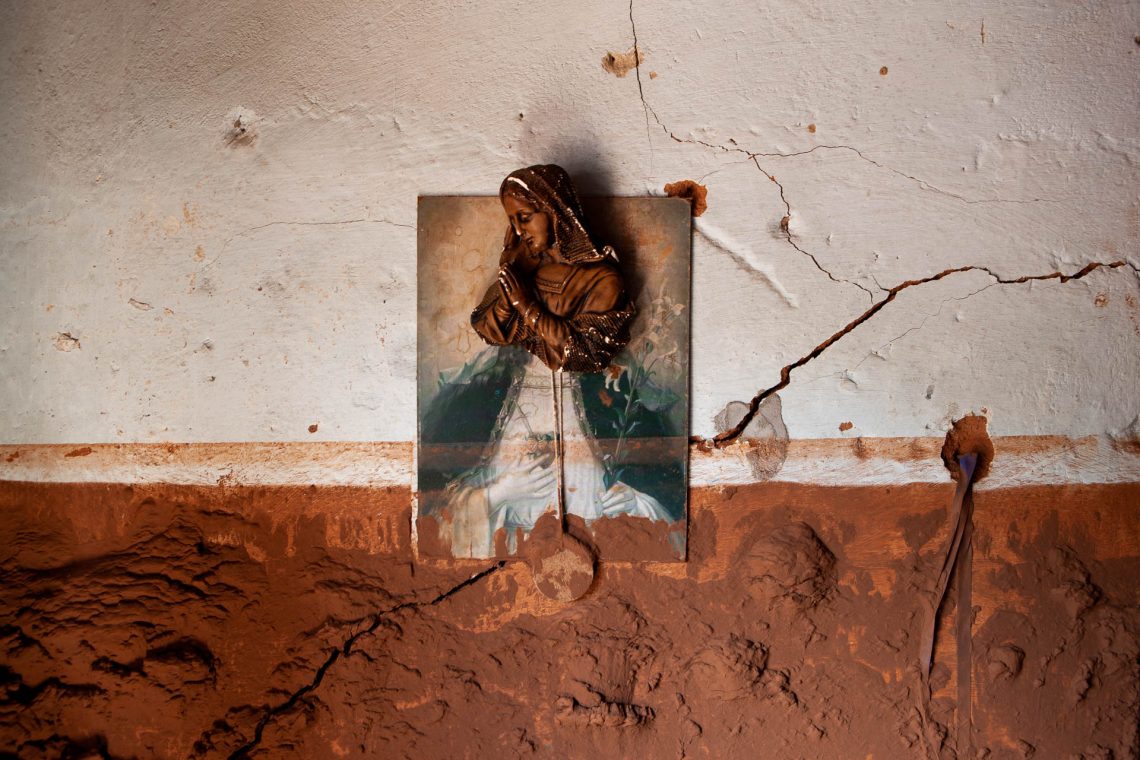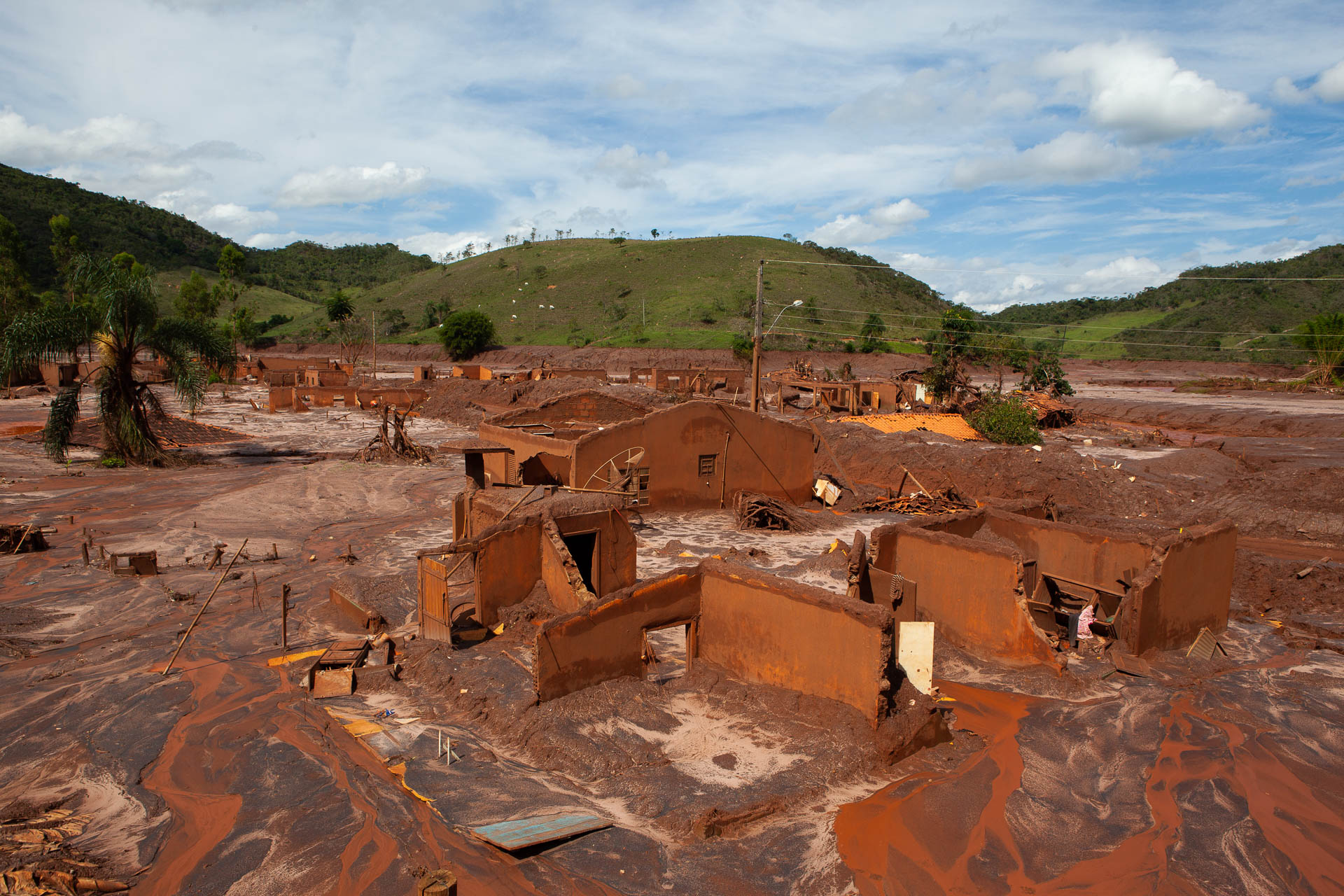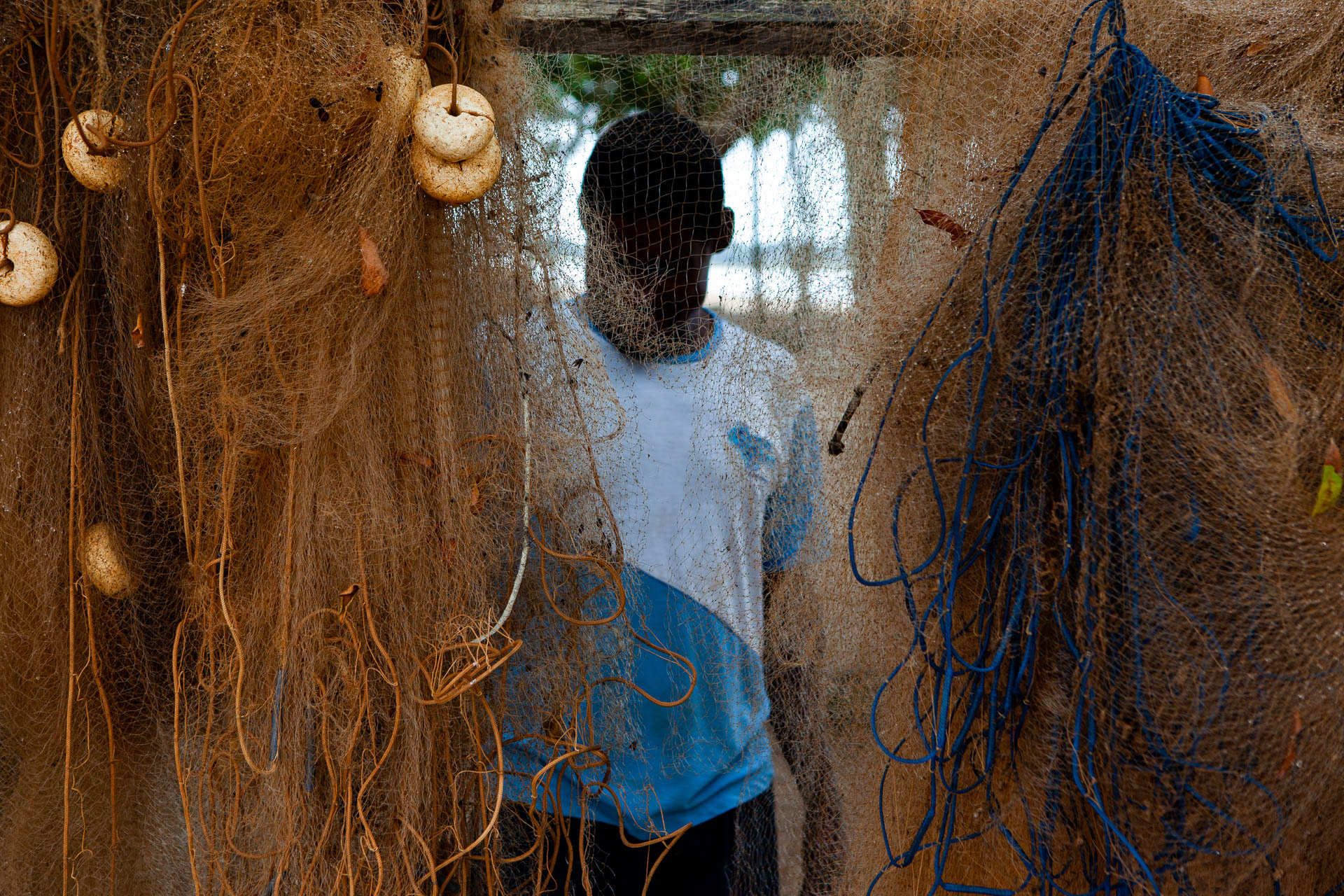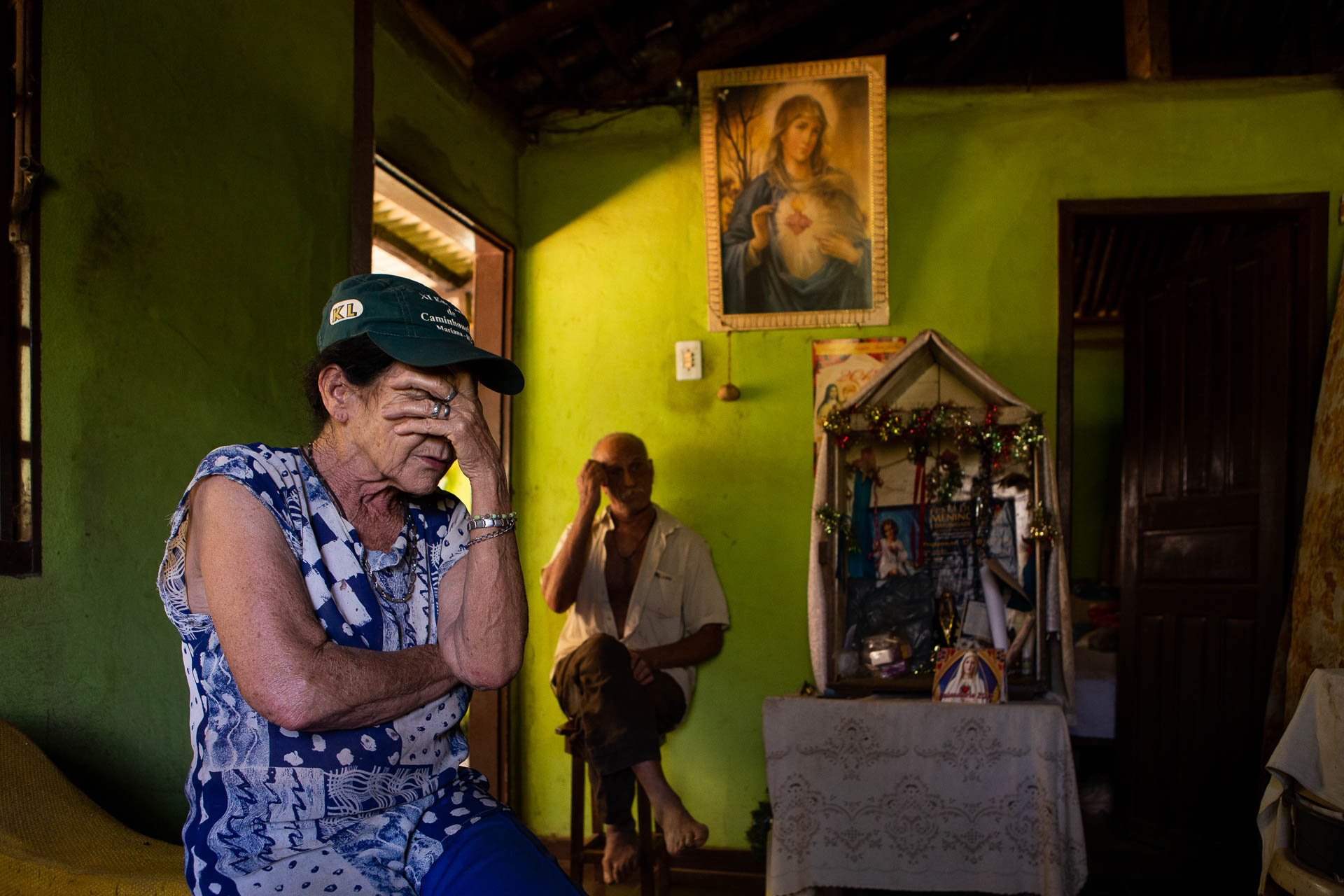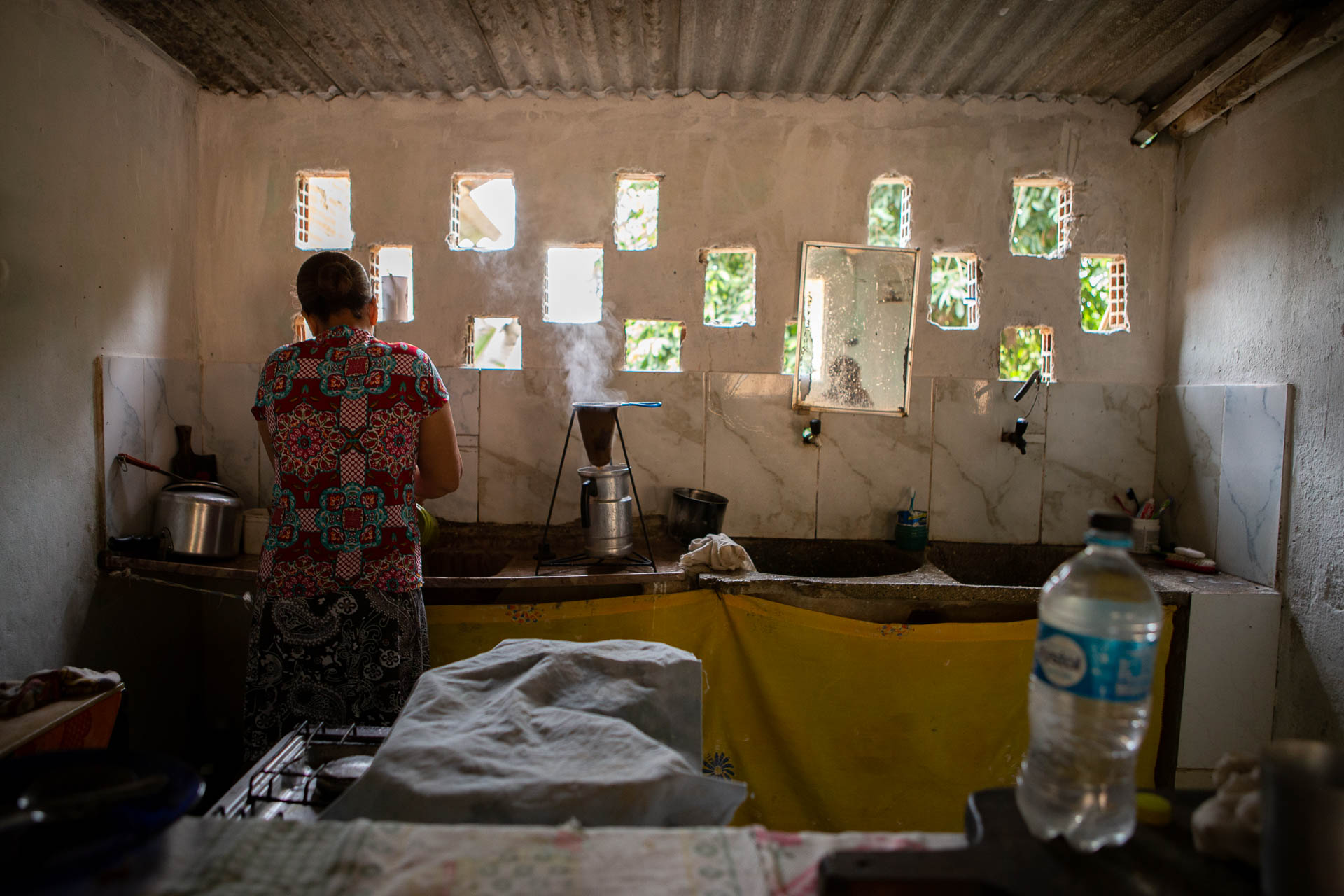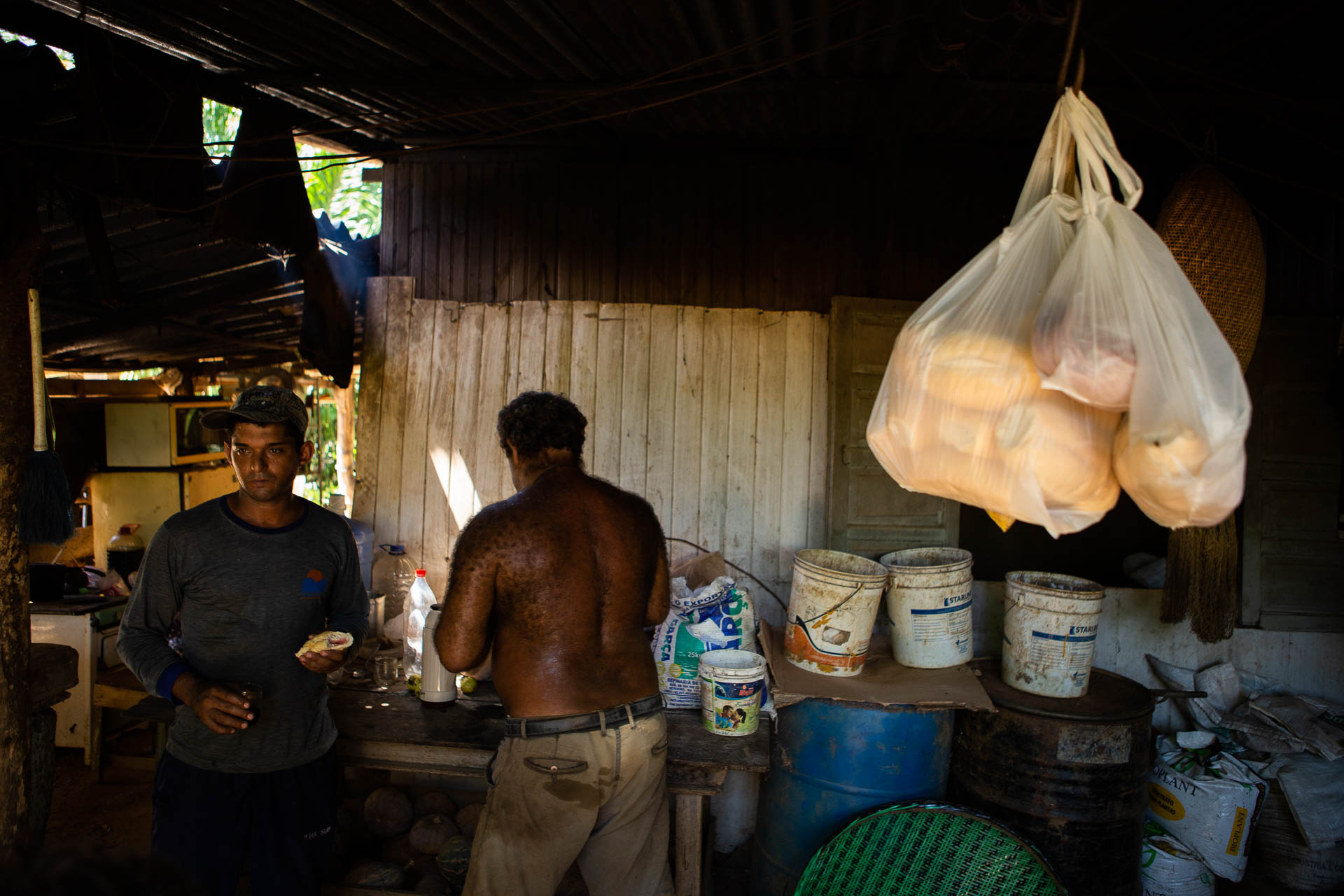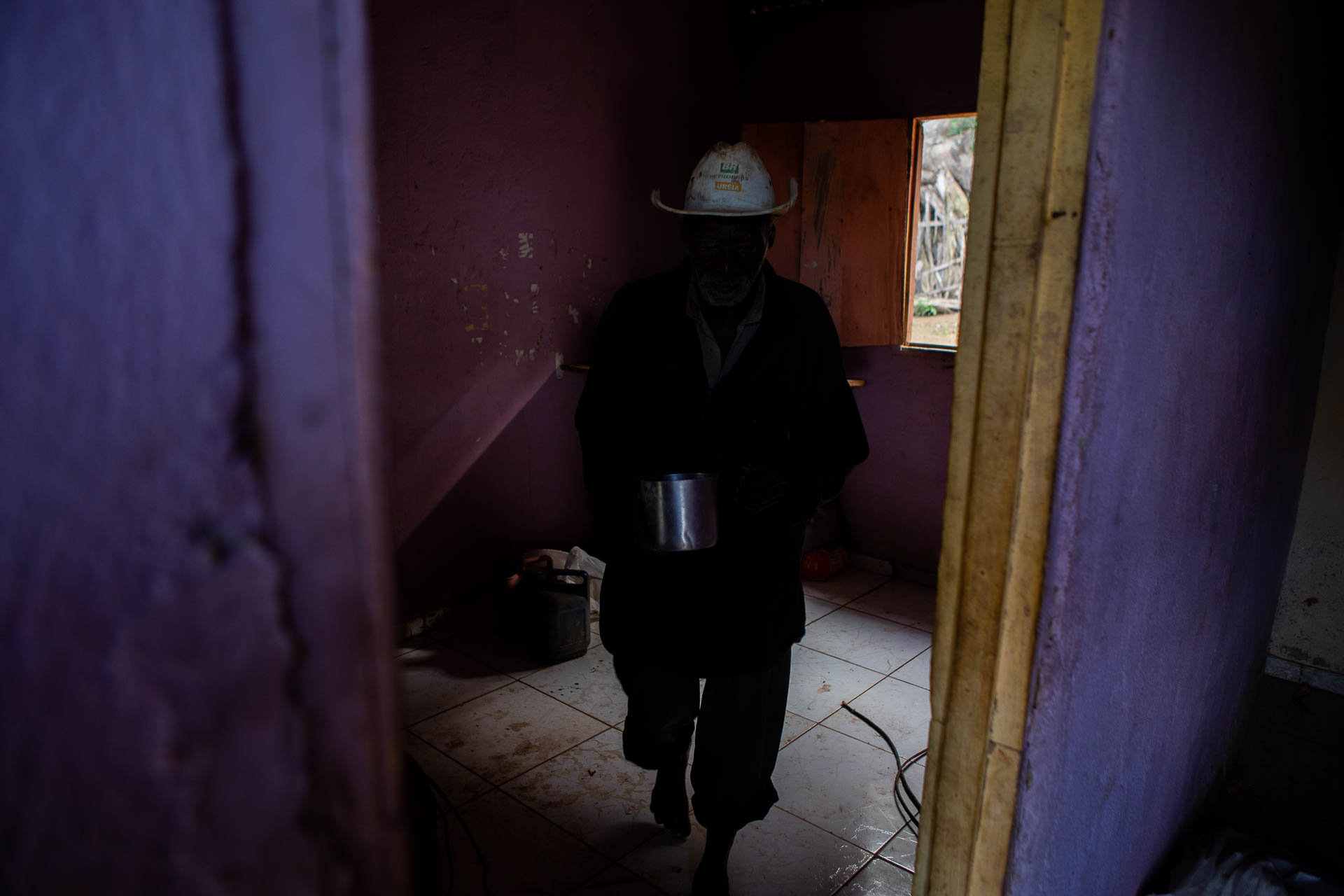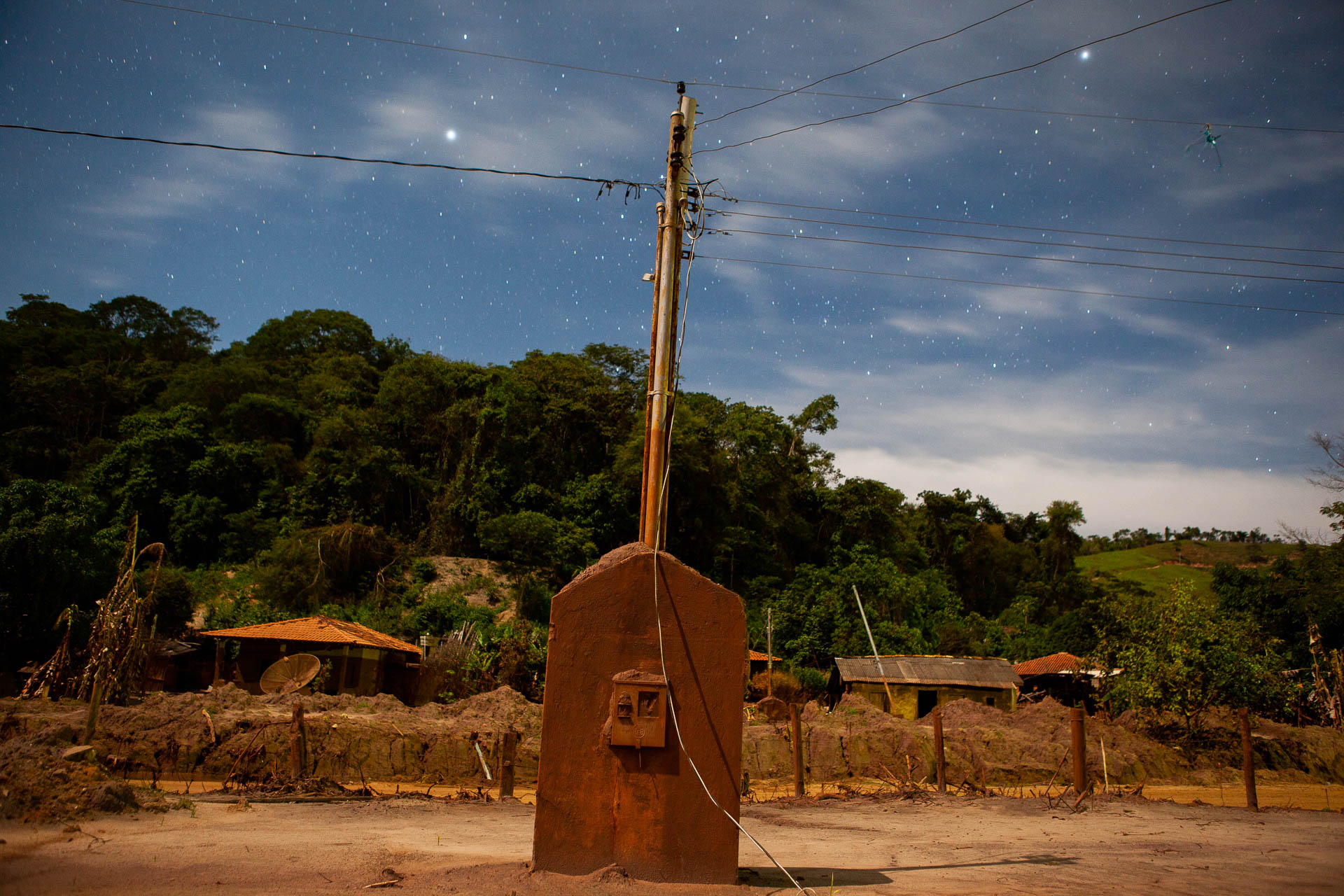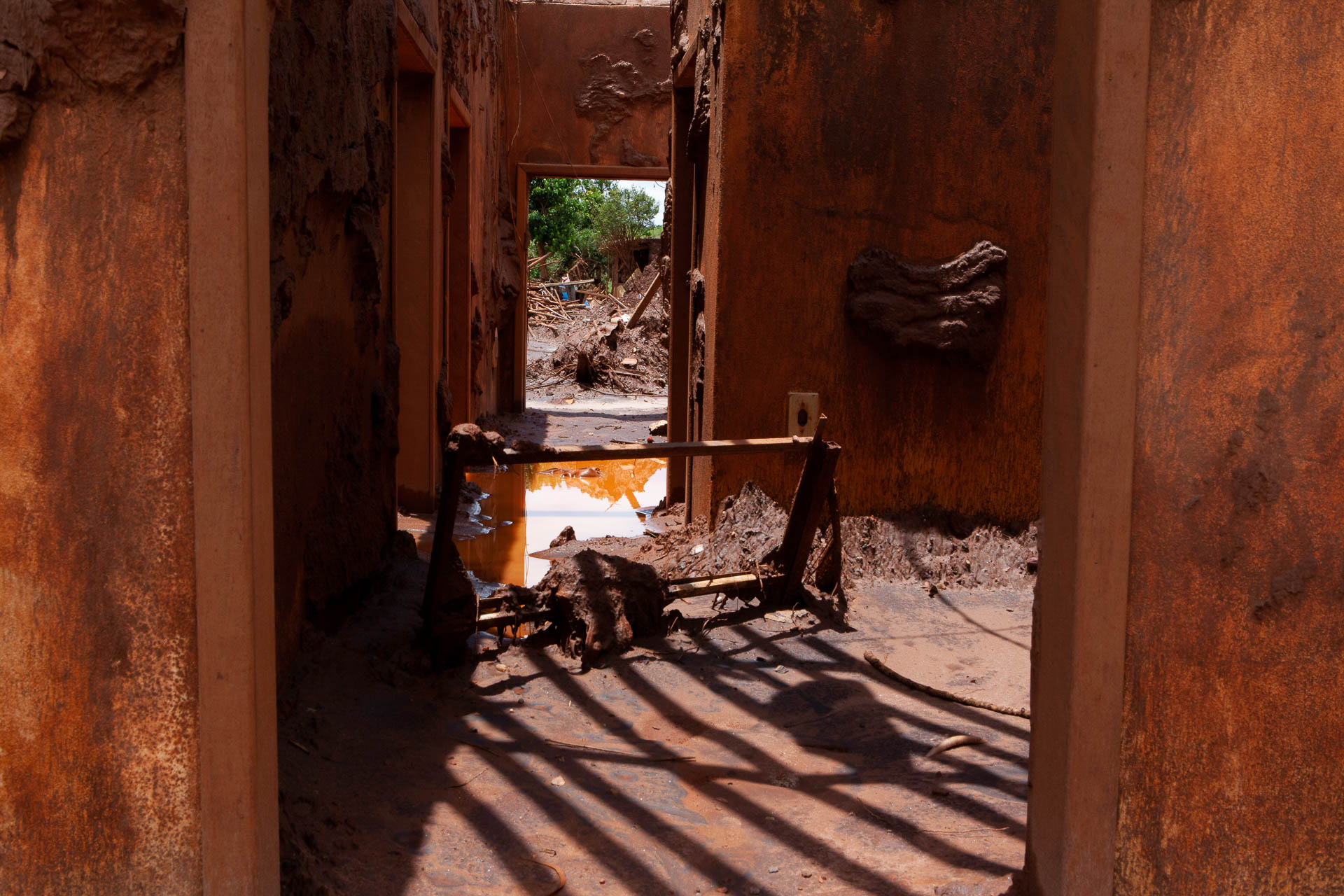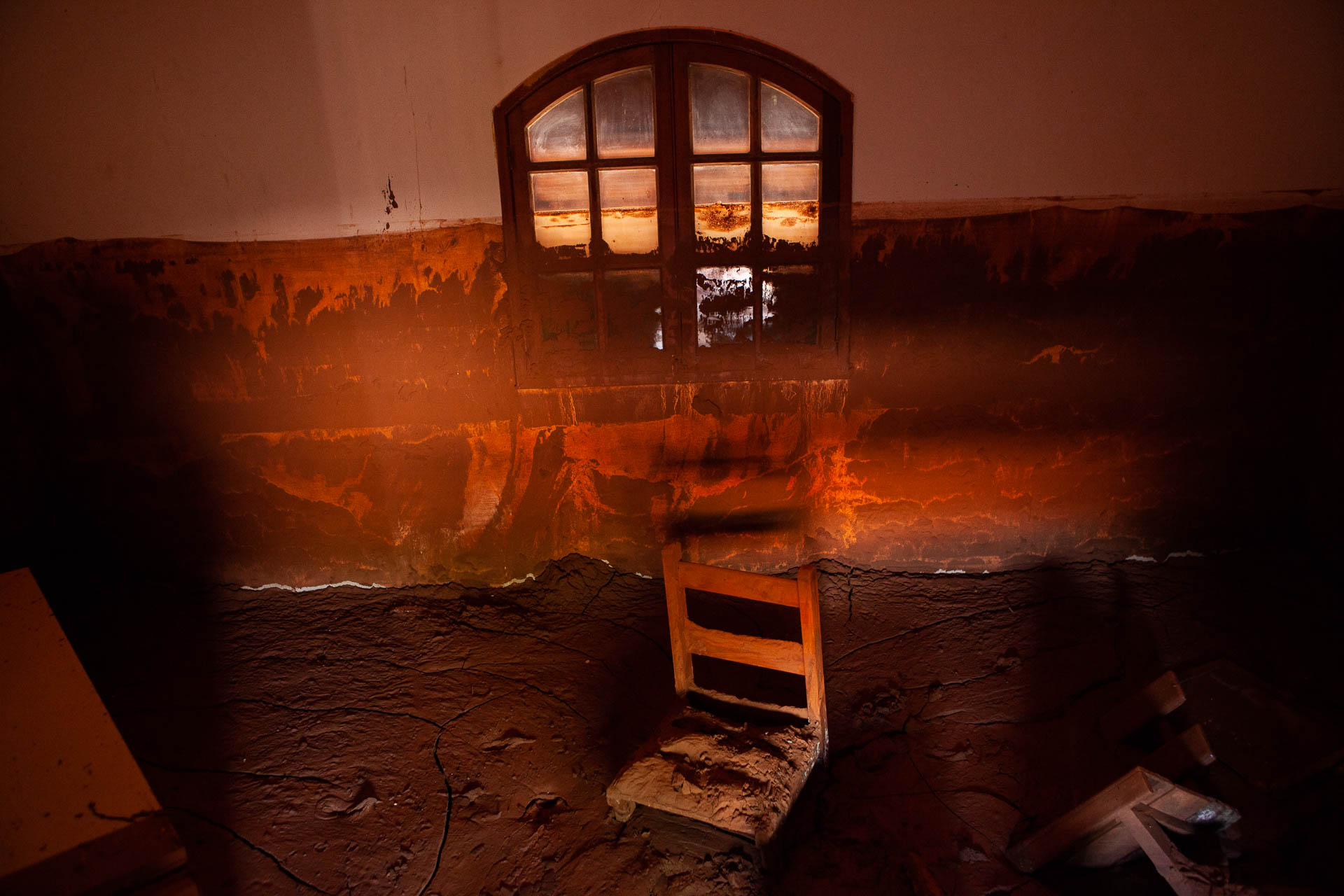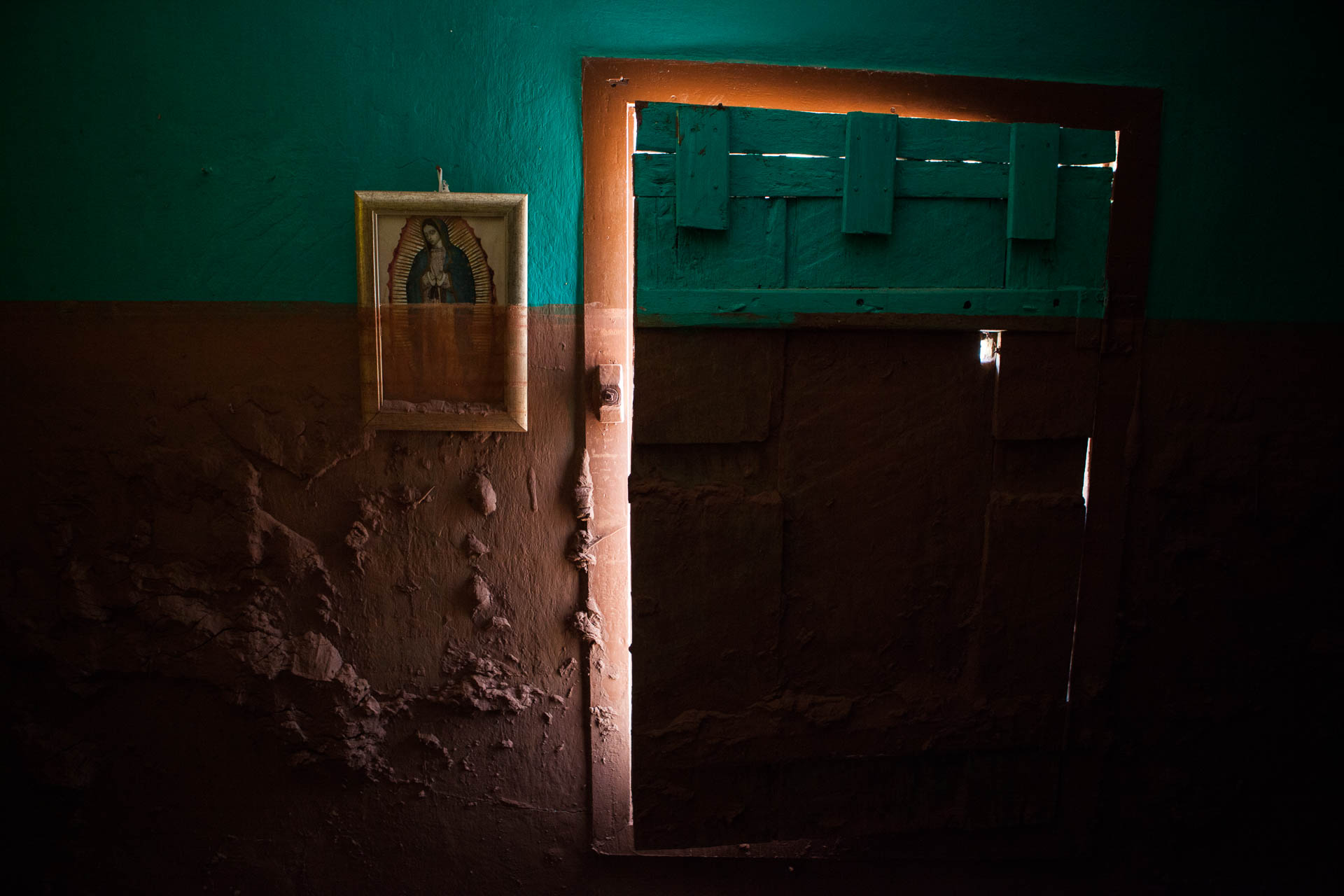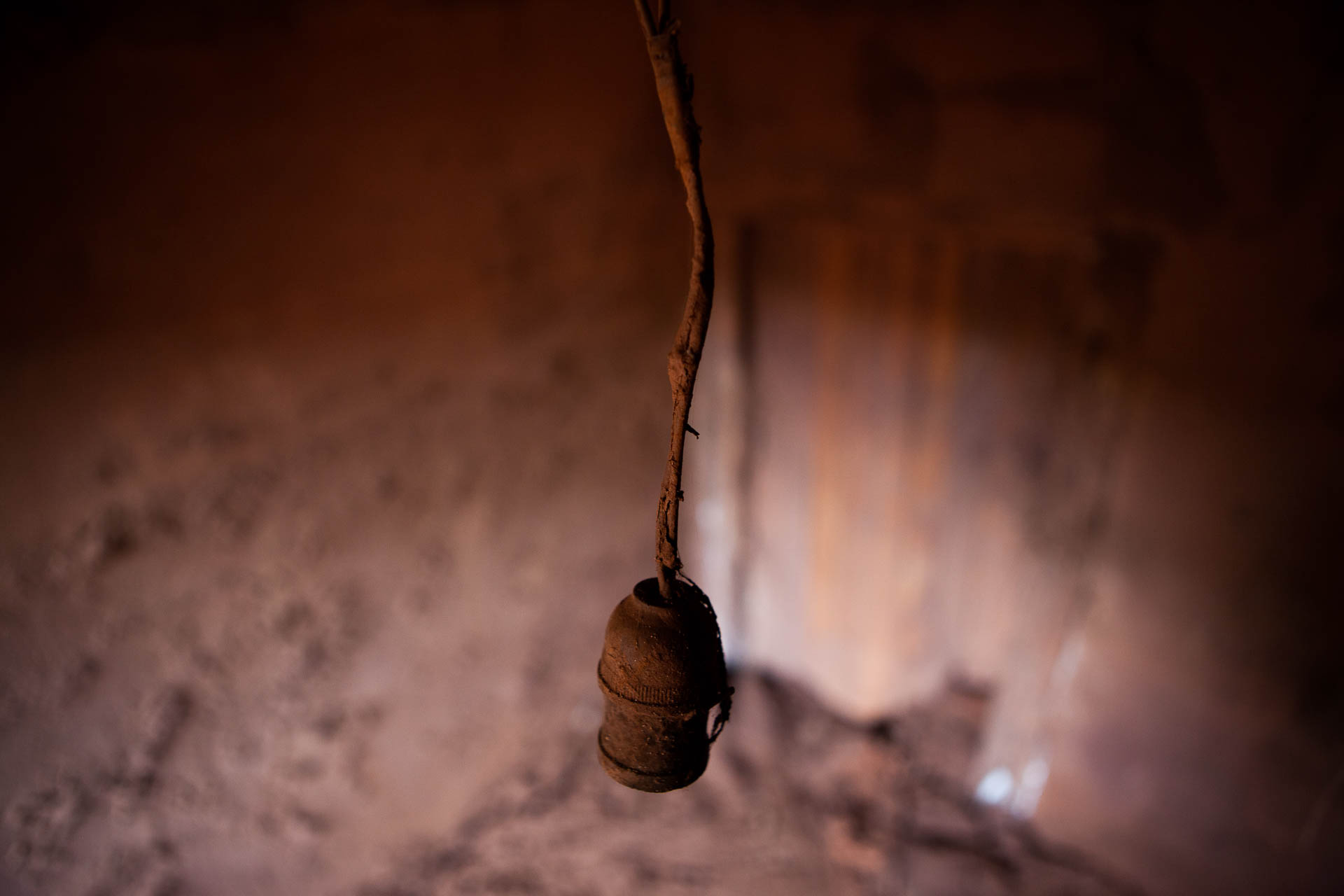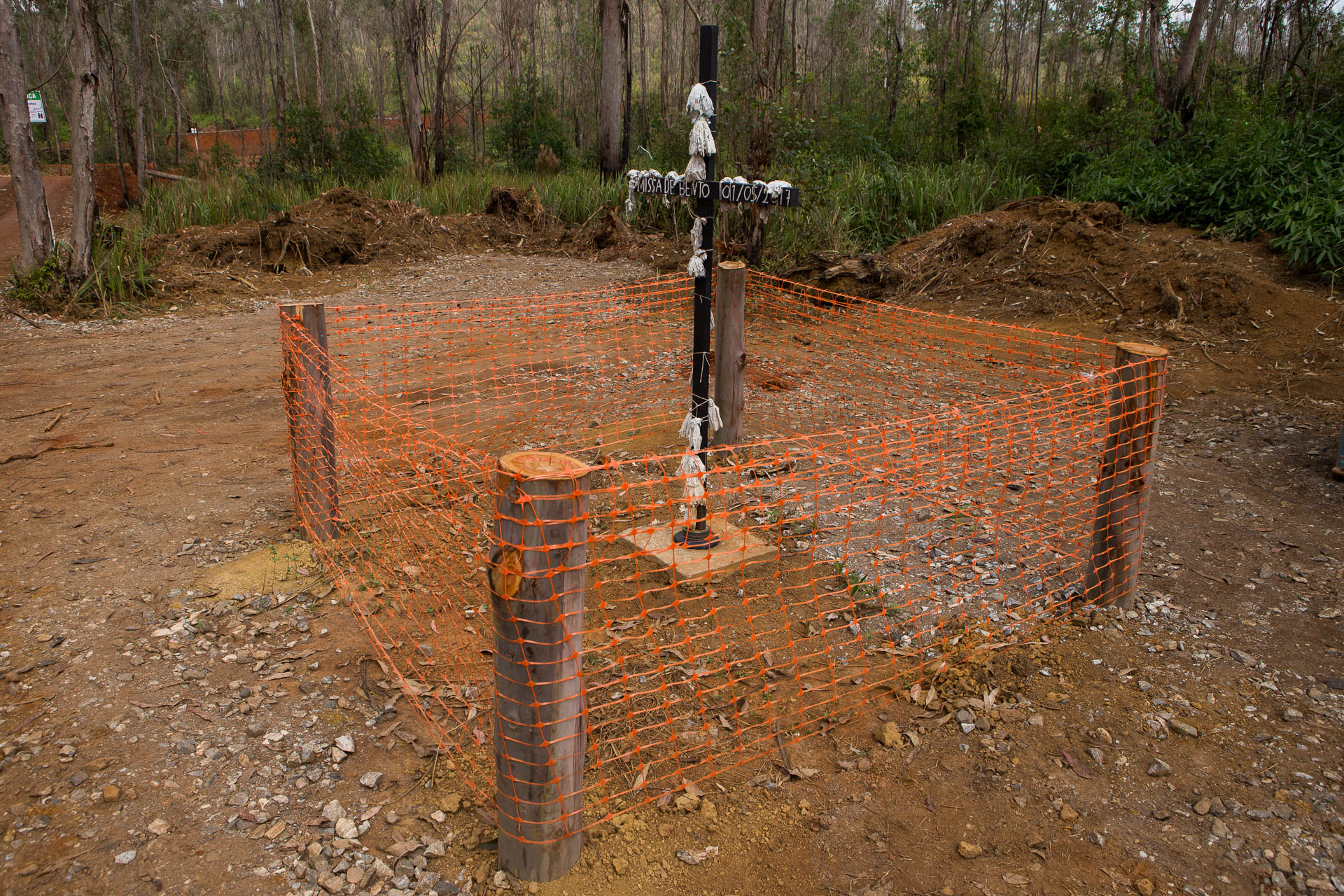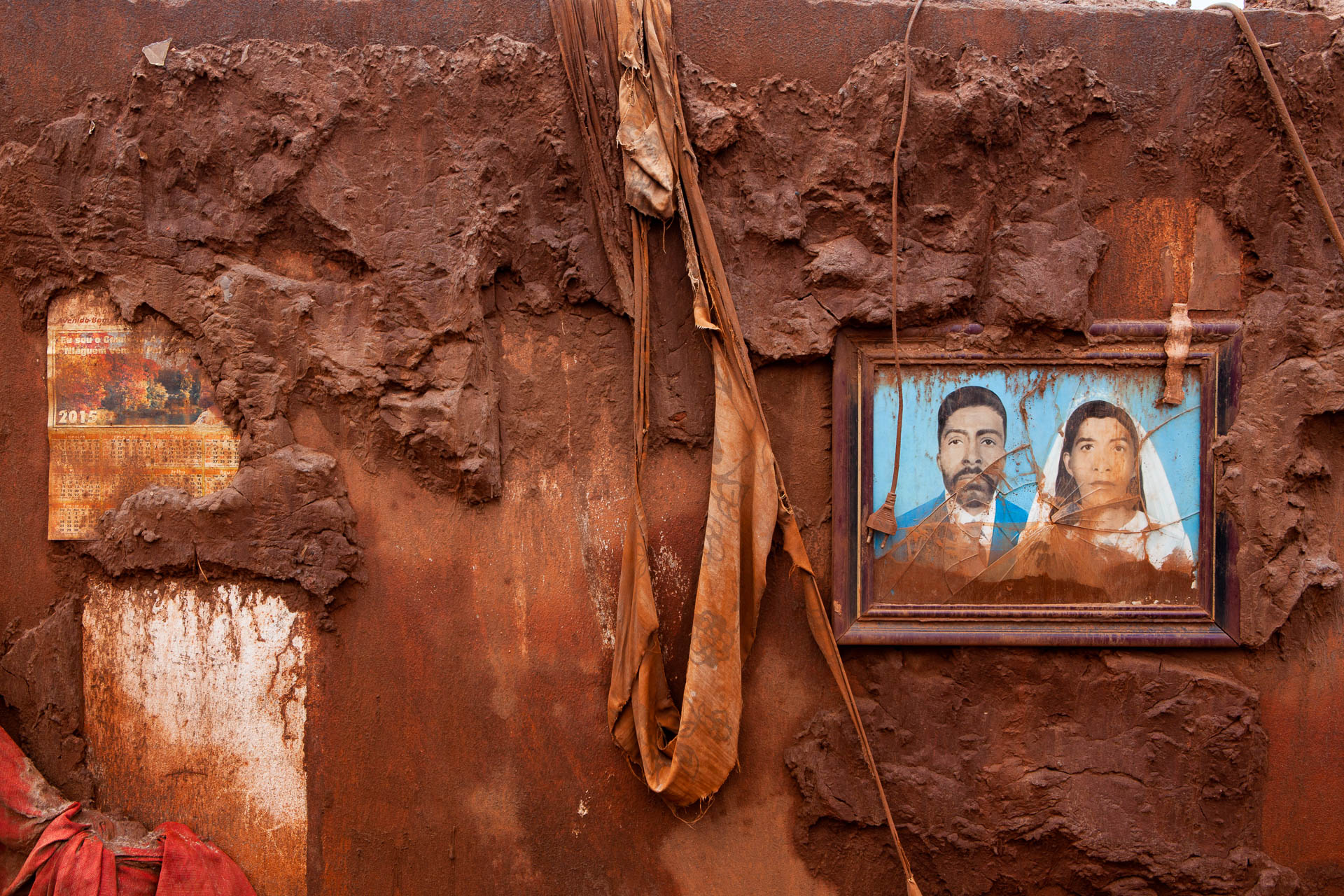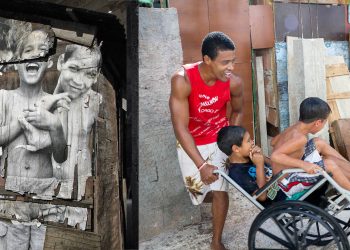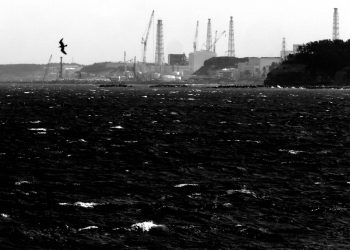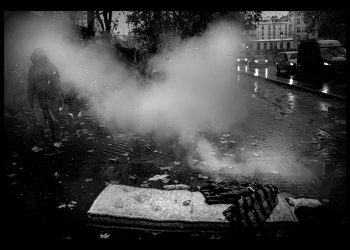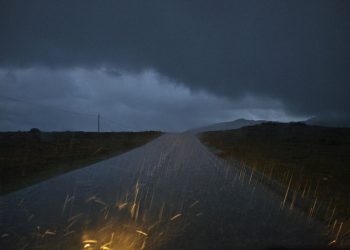It feels comfortable for me to propose “Violent Removal”—simply because I don’t live it. Even more comfortable is ignoring violent removal—simply because I don’t live it. Acts of empathy, respect, and solidarity shouldn’t provoke such discomfort.
A people historically dispossessed of lands proven productive. An indirect State that subverts parity, while private sectors dictate well-being—a privilege not for all. Subhumans deemed unfit for social ascent, thus unfit for fundamental rights.
It’s not uncommon to witness social ascent divorced from intellectual growth. The past 20 years starkly reveal this pattern in a country invaded by Portugal during primitive accumulation—a foundation for capitalism’s development. Yet perhaps because of this, people remain as they are. And it is this intellectual dystopia that interprets empathy, respect, and solidarity as exploitation, merit, or laziness. An induced amnesia or selective blindness that prevents us from confronting recent history and recognizing our own past anguish.
Homes are scarce, yet properties abound. No land to grow food, but eucalyptus spawns green deserts. Mineral extraction expropriates the wealth of cultures and traditions. And above all looms waste.
Esbulho possessório (possessory dispossession) is the violent removal of legitimate occupants—residential, rural, or commercial. This is how I perceived the continuity of research presented in the photobook Corpos Conflitantes (Conflictual Bodies).
In this segment, invoking the memory of the Fundão Dam collapse (Samarco/Vale/BHP), I document families criminally dispossessed of their homes.
Translated with Deepseek AI



